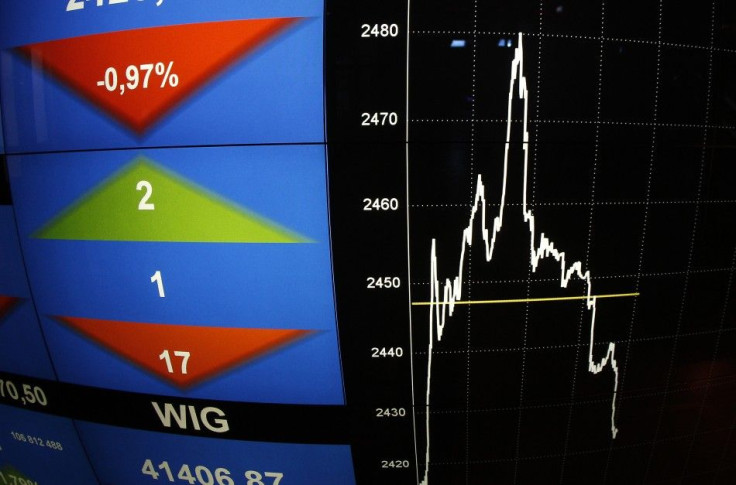U.S. Downgrade Damage Done: But Washington Must Still Fix the Problem
OPINION

Americans are upset. Global markets are upset. U.S. markets are upset. Washington is upset. Nobody likes the news that Standard & Poor's has downgraded America's credit rating one notch from AAA. But is anybody really surprised?
One could easily see this coming from the political quagmire that's been stewing in Washington. They didn't help us by tripping over themselves in a power struggle.
President Barack Obama and lawmakers knew when they were trying to work out details in debt ceiling negotiations last week that if budget cuts didn't run deep enough, S&P was going to downgrade the U.S. credit rating. Obama, a Democrat, and Republican House Speaker John Boehner, tried to work out a deal that would satisfy the ratings agency.
But Tea Party members wanted nothing to do with it.
So a half-baked plan was cobbled together and passed at the last minute before a looming Aug. 2 deadline, but the ultimate result ensued: S&P downgraded the U.S. credit rating over cuts that didn't run deep enough and what was cited as an unstable political environment.
China -- communist China, of all countries -- warned the U.S. that its politics were getting in the way of good business. And China -- China! -- was right.
The country's leaders have reason for concern, since China is so heavily vested in U.S. debt. But we shouldn't have to take advice from China. We should know better than this.
In fact, most of us do know better than this. You can't solve a debt problem with a debt problem, and you can't solve political problems with leaders who don't truly want to broker change in the best interest of the entire nation.
Disrupting the debt talk deals in the works between Boehner and Obama may have been politically convenient for the Tea Party for future political positioning. "See," they can say on the stump, "look where Obama has led us, right down the AAA rating drain."
But while Obama has a good hand of responsibility in America's debt oozing grotesquely past the $14.5 trillion mark, he did know better than coming out of the debt talk negotiations without a more solid, clear plan to reduce America's deficit. Cuts needed to go deeper, and faster, and he knew this.
But some Washington politicans didn't seem to care. Now that the downgrade is in place, and global and U.S. markets rumble downward in response, the biggest question at hand is whether the S&P move will increase borrowing costs for the U.S. if it does, which could happen, especially if other agences like Moody's follow suit.
At the moment, Moody's remains in an affirmation mode of its AAA U.S. debt rating, but the agency warned Monday that could change if clear measures are not taken in the next two years to reduce the deficit.
At the moment, the first wave of damage from Washington's foolish ways -- the S&P downgrade -- is done, and now we have to pick up the pieces and put America back together again. What's most interesting is the fact that how that should occur is very simple.
Rarely in politics do we see one solution so clear for both parties to see that it rises above ideology. But in this situation, all that needs to happen is Washington leaders putting in place a deficit-reduction package that cuts away $4 trillion or more. More revenue might also be required by ending tax code loopholes.
It won't be politically pleasing to anybody, as the cuts most come from all facets of government -- but they most come, so that the world's largest and greatest economic power can function at full strength.
The time has come for Democrats, Republicans and, perhaps most importantly, Tea Party members, to put their own power struggles aside and do what's best for America -- repair the balance sheet once and for all.
© Copyright IBTimes 2024. All rights reserved.



















